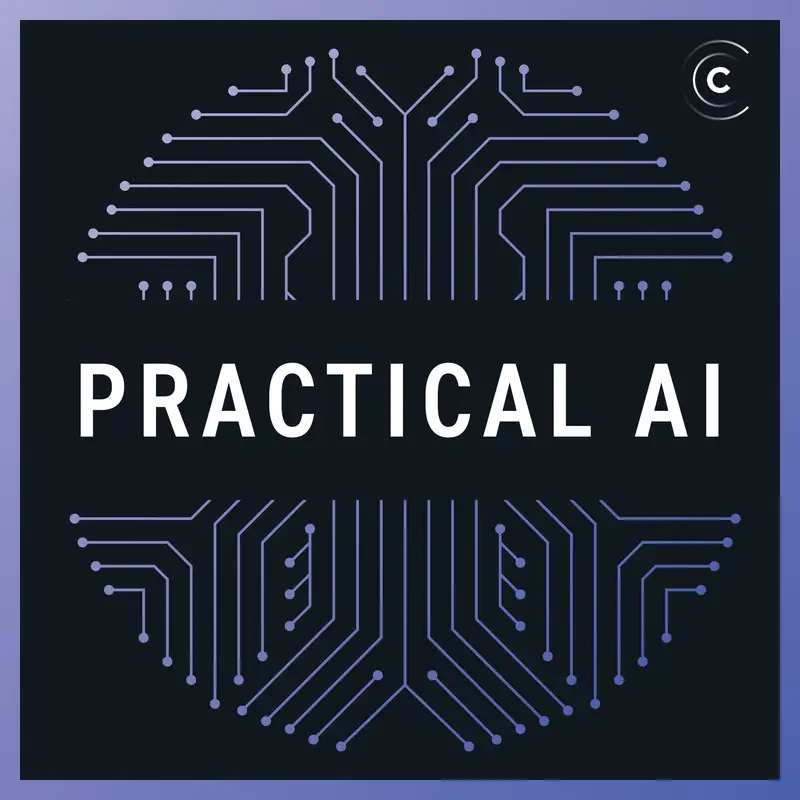The geopolitics of artificial intelligence
In this Fully-Connected episode, Chris and Daniel explore the geopolitics, economics, and power-brokering of artificial intelligence. What does control of AI mean for nations, corporations, and universities? What does control or access to AI mean for conflict and autonomy? The world is changing rapidly, and the rate of change is accelerating. Daniel and Chris look behind the curtain in the halls of power.
Changelog++ members support our work, get closer to the metal, and make the ads disappear. Join today!
Featuring:
Show Notes:
Source articles for our conversation
- The Geopolitics Of Artificial Intelligence
- Geopolitical implications of AI and digital surveillance adoption
- Artificial intelligence is already upending geopolitics
- Huge “foundation models” are turbo-charging AI progress
Learning Resource
Something missing or broken? PRs welcome!
★ Support this podcast ★
Creators and Guests


